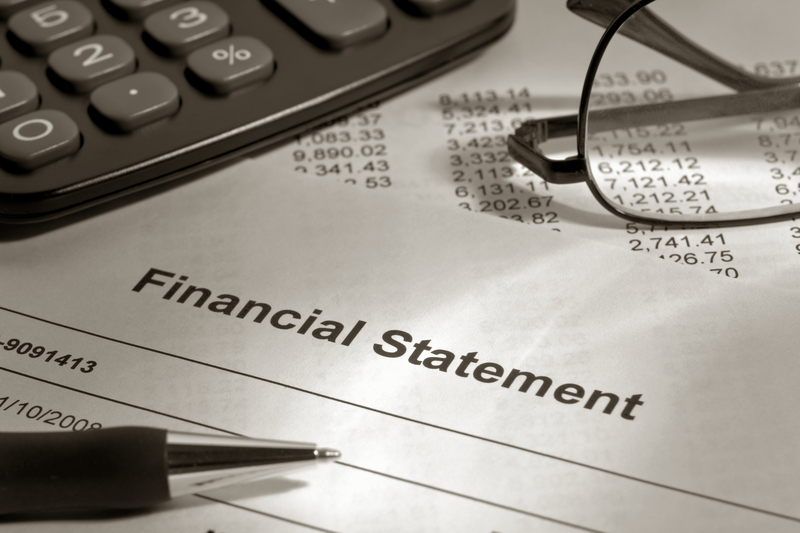Professional implementation of modern accounting technology streamlines business proceedings, revolutionizing the handling of financial operations. Automating time-consuming and repetitive tasks frees companies to focus on growth and strategic decision-making while ensuring compliance with reporting standards and reducing errors. Advanced accounting technology enables faster performance, detailed analysis, and more sophisticated operations.
Advanced Accounting Technology
Recent innovative solutions have reshaped accounting practices, offering increased precision and efficiency, improving security, and enabling scalability.
- Cloud-Based Solutions: Accounting firms utilize cloud-based solutions to create simpler, more efficient, and more secure accounting systems that can be accessed at any time with any device. These solutions automate monotonous tasks (recordkeeping, data entry, etc.), simplify data management, ensure fast payments, eliminate the need for costly software, allow real-time collaboration, and offer scalability.
- Accounting Software is designed to assist with generating financial statements, budgeting, taxes, managing inventory, payroll, and financial transaction recording. This software provides greater control, enhances accuracy, and ensures security. It enables deeper insights, facilitating data-based decision-making.
- Machine Learning enables the gathering, organizing, and analysis of numerous datasets, continuously improving as information is accumulated. It provides real-time predictions and detects fraudulent statements, supporting efficient audits.
- Data Analytics: Accountants use analytics to provide meaningful insights, enabling data-driven decisions and effective business strategies. Data analytics are used for client advisory, risk assessment, forecasting, performance monitoring, and problem-solving.
- Predictive Analytics forecasts outcomes and generates predictions based on past outcomes and historical data. These analytic procedures help companies develop accurate budgets, estimate sales, and determine potential for expansion.
- Artificial Intelligence incorporates self-learning capacity, empowering accountants to analyze large datasets efficiently. It is used to automate repetitive duties (data entry, tax filing, etc.) saving time and freeing companies to concentrate on tasks requiring creativity and critical thinking.
- Automation of accounting tasks eliminates human involvement in repetitive tasks, mitigates errors, automatically generates invoices, addresses vendor inquiries, and identifies discrepancies.
- Cybersecurity, such as stealth log-ins and password management protection, prevents unwanted access to accounts and credentials and minimizes the risk of data breaches.
How Cook and Company Can Help
Effective, efficient accounting maximizes a business’s financial health but is a time-consuming, challenging undertaking. Cook and Company has over 20 years of experience of making the task easier by offering corporate accounting solutions tailored to each company’s needs. Our skilled implementation and accounting technology streamlines business operations and provides cybersecurity managed by professionals. We leverage technology for automated accounting processes. This saves money and time, improves compliance with regulations, and ensures accuracy. With integrity, honesty, and a personal touch, we use diverse, detailed, expertise to benefit our clients. We provide:
- Bookkeeping: Recording revenues, charges, purchases, expenses, fees, and payments is a huge task. Cook and Company provides professional bookkeeping services for a variety of industries. Our proficient, bookkeepers help companies keep their finances up-to-date and in order.
- Preparation of year-end statements: Fiscal year-end statements help a business evaluate its performance. We provide statements that include a balance sheet (helps determine qualification for credit and loans and informs investors), an income statement (shows profitability and assists analysis of investments), a cash-flow statement (provides information regarding cash generation and expenditures), and a statement of owner’s equity (shows the cumulative company earnings available for distribution).
- Source deduction, remittance, and planning: Cook and Company ensure timely, accurate deductions and remittances (Employment Insurance premiums, Canada Pension Plan contributions, and income tax) and provide tax planning and advice.
Contact Cook and Company for the assistance of chartered professional accountants. Let accounting technology improve your business operations.










